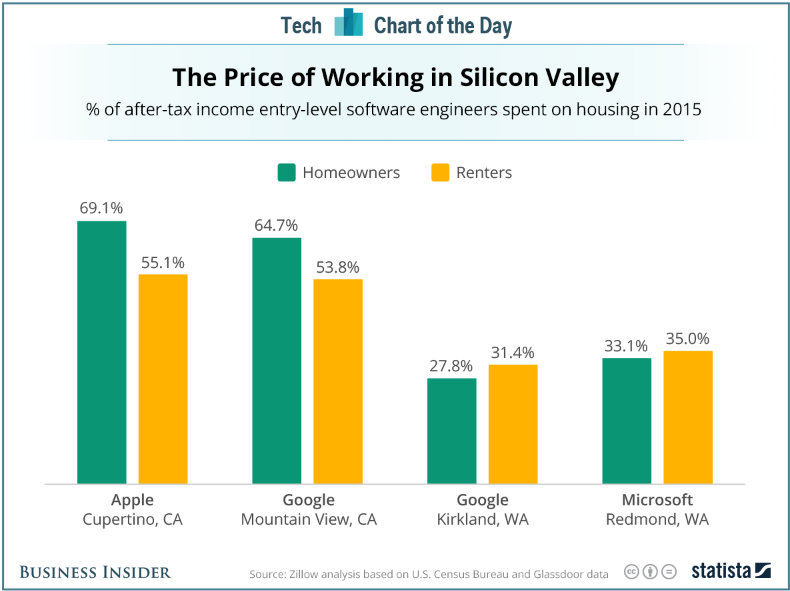This week I was at CareerBuilder’s Empower Roadshow talking with a few hundred Talent Acquisition pros and leaders in the Dallas/Ft. Worth area. Great event, great group of pros that were super engaged.
I led a panel on tips and tricks for in-the-trenches TA pros and leaders and one of my panelist was Bryan Rice, TA leader from Stryker. The title of this post came from him, he was big on getting TA pros back to blocking and tackling!
What’s blocking and tackling in talent acquisition?
Here’s what I would call the building blocks of great recruiting (Bryan’s blocking and tackling):
1. Phone skills. Have your recruiters conquered their fear of being on the phone? When they need to reach someone is their first thought, “Oh, I should pick up the phone and just ask the person.” Versus, sending them an email.
2. Ability to sell the position they are recruiting for. Can your recruiters effectively talk to a candidate and get them excited about the position, the supervisor of the position, the direction of the company, all the opportunities you can provide them, etc.? Bryan believes today’s recruiters might struggle with this the most, over anything else, and yet, as TA leaders we do very little to ever develop this skill!
3. Building relationships with hiring managers. Do your recruiters meet face-to-face with their hiring managers when they are working a position for that manager? Not only the first time but every time! You don’t build a strong relationship and find out how to add value if you don’t put in quality time with hiring managers. Today’s recruiters are moving too fast, to understand this value, and how it ultimately saves them a ton of time and effort!
4. Building relationships with candidates, that goes beyond the initial screening interview. Can your recruiters share with the hiring manager the candidate’s ‘story’ for each candidate that is presented to the manager? My goal as a recruiter should be that a manager shouldn’t be able to ask me a question about a candidate that I can’t answer. That’s tough, but that’s my goal!
This all seems so basic, yet most recruiters are weakest in these skills.
Why?
I believe the industry struggles here because TA leaders don’t know how to train these skills, and we don’t have off-the-shelve training programs that really go deep on these skills. So, instead of training recruiters properly, we just give them more technology so they can do a bad job, faster.
The training for four things above is very much a hands-on, one-on-one training. Sitting face-to-face and going over and practicing what these conversations look and sound like, and correcting in the moment, and doing them again and again.
The phone skills are just down and dirty getting recruiters on the phone and seeing who will conquer their fear! My first three weeks as a recruiter in training was calling 100 candidates a day. I couldn’t leave until I made 100 outgoing calls, each day, for three weeks.
At the end of those three weeks, I didn’t know if I could recruit, but I knew I wasn’t afraid to pick up the phone and talk to someone!
Make sure you connect with Bryan, he’s one of the TA leaders in the industry that really gets it!

